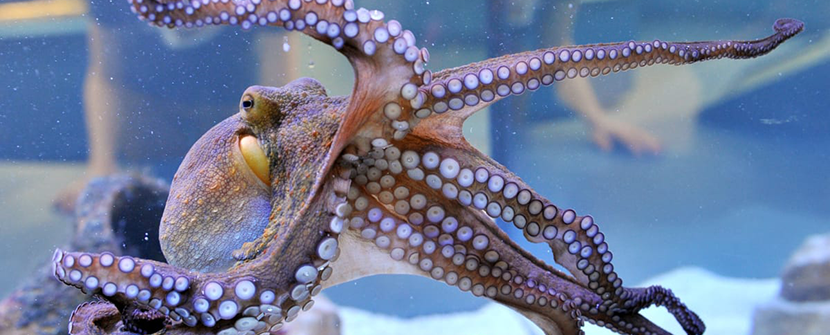In 2018, a team of researchers from the United States and Italy published a study in the journal Current Biology that investigated the effects of MDMA on the behavior of octopuses. While the study may seem unusual, it sheds light on the complex neurobiology of these fascinating creatures and may have implications for our understanding of the evolution of social behavior.
Octopuses are cephalopods, a group of marine animals known for their intelligence and sophisticated behaviors. They have a complex nervous system that includes a distributed brain and numerous neurons located throughout their eight arms. Octopuses are also solitary creatures, and while they are capable of social behavior, they typically only interact with others during mating and aggression.
The researchers were interested in whether MDMA, a drug that is known to increase social behavior in humans and other animals, would have a similar effect on octopuses. They exposed individual octopuses to MDMA dissolved in seawater and observed their behavior over a period of several hours.
The results of the study were surprising. The octopuses showed a marked increase in their tendency to explore their environment, spending more time in the open areas of their tanks and interacting with objects and other octopuses more frequently. They also displayed a range of unusual behaviors, such as holding objects and stretching their arms in ways that were not typical of their normal behavior.
The researchers noted that these changes in behavior were not simply a result of increased activity or arousal, as the octopuses also displayed more "prosocial" behaviors, such as hugging and "dancing" with other octopuses. These behaviors are typically only observed during mating or aggressive interactions, and their appearance in the context of MDMA exposure suggests that the drug may be affecting the octopuses' social behavior in unexpected ways.
While the study is certainly unusual, it highlights the complex neurobiology of octopuses and the potential for drugs like MDMA to affect social behavior in a range of organisms. The findings may also have implications for our understanding of the evolution of social behavior, as octopuses are not typically thought of as social creatures but appear to have the capacity for complex social interactions under certain conditions.
In conclusion, while the use of MDMA in octopuses is certainly not a mainstream practice, the study published in Current Biology offers an intriguing glimpse into the complex behaviors of these fascinating creatures and the potential for drugs to affect their social behavior in unexpected ways. Further research will be necessary to fully understand the implications of these findings, but they suggest that the neurobiology of octopuses may be even more complex than previously thought.


